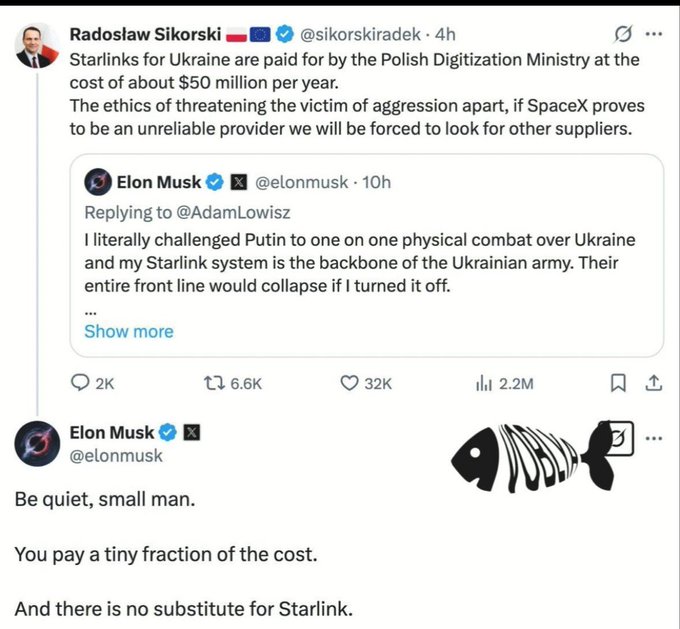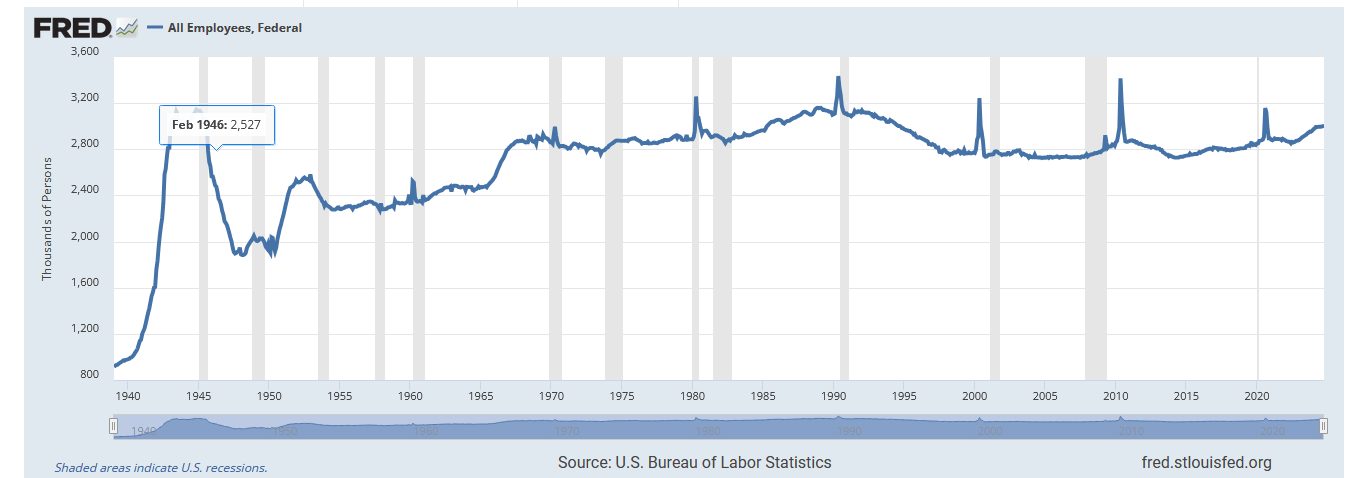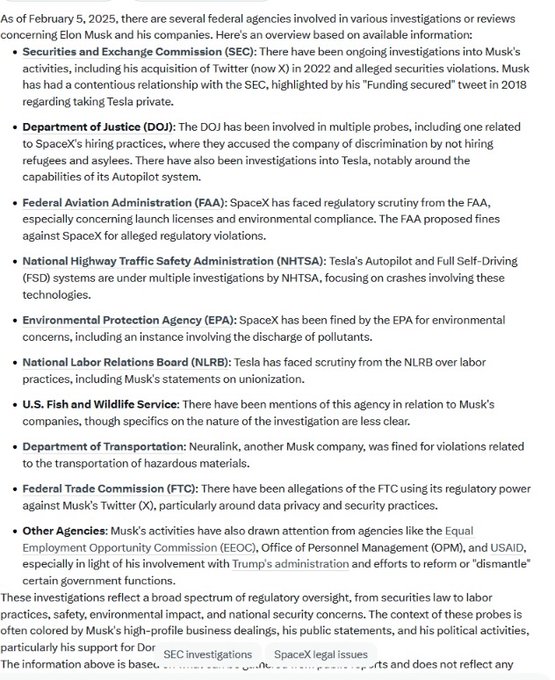So, we’ve talked before about problems with Tesla. Musk’s competitors are, to put it simply, producing better cars which cost less, especially but not only, the Chinese like BYD. Meanwhile, Musk’s politics, like denying climate change and throwing a Nazi salute, while tying himself to Trump just as Trump is pissing off almost every country whose consumers buy Tesla vehicles, has made customers a lot less interested in buying Tesla. He’s trashing his own brand with the people who supported it most.
Musk’s riches are based primarily on Tesla, but he also has SpaceX, which currently has the lowest cost space lift and pretty much guaranteed business from the US government. But a large part of Musk’s SpaceX income comes from Starlink. It looks like SpaceX made about 13 billion in 2024, and of that Starlink provided 8.2 billion. However, in terms of profit, Starlink seems to have provided only about a third of SpaceX’s three billion profits.
That said, Starlink is still in the fairly early stages, with high capital costs, and the revenue numbers indicate it’s a big deal for SpaceX and Musk.
Then we see this:

But here’s the thing: There is an onrushing competitor to Starlink — a Chinese one, Qianfan. They’re far behind Starlink right now, but as they scale, they seem likely to wind up larger than Starlink, and the price for access may be $50 versus $120 for Starlink, though it’s unclear what the terminals themselves will cost.
Musk seems determined to lose Starlink customers, too. He accused oligarch and billionaire Carlos Slim of being tied to Mexican cartels, for example, and Slim immediately cancelled his deal with Starlink, and indicated he’d be pursuing the Chinese alternative.
So, in two to three years, it seems likely that Starlink will not be the only game in town, and the other game will be cheaper. At which point, all Elon Musk has is his political moat; some countries may make it illegal to choose Qianfan.
But… that political moat is looking very leaky outside of the United States since Musk has tied himself to Trump, and Trump has pissed off almost all of Europe, including serious American allies like Poland (see above), Canada, Mexico, and even Japan. China may look like the lesser evil — after all, they rarely tariff anyone unless the tariffs are retaliatory, and they aren’t threatening to annex any countries.
That means the only remaining moat Musk has is his space launch, which is genuinely cheaper. But a cursory search showed me eight Chinese private space-lift companies. They’re all behind SpaceX right now, but then, a few years ago, so were China’s EV manufacturers, and Chinese smarphone producers were behind Apple and Samsung.
Anyway, a company with 13 billion annual revenue isn’t why Musk is so rich. It’s mostly Tesla. Canada, for example, put a 100 percent tariff on Chinese electric vehicles. China has now counter-tariffed, hitting Canadian agriculture hard. It might not seem worth keeping those tariffs going. Europe is similar. No one likes Musk right now other than MAGA, and they prefer gas-guzzlers.
I can’t remember ever seeing someone as rich self-destruct the way Musk is. He’s mishandled Tesla for years, he’s lost his first-mover advantage, he’s destroying his brand value, and pissing off both consumers and governments in almost every country he sells cars or internet in.
So if you don’t like Musk, well, get ready to enjoy a rich harvest of schadenfreude.


